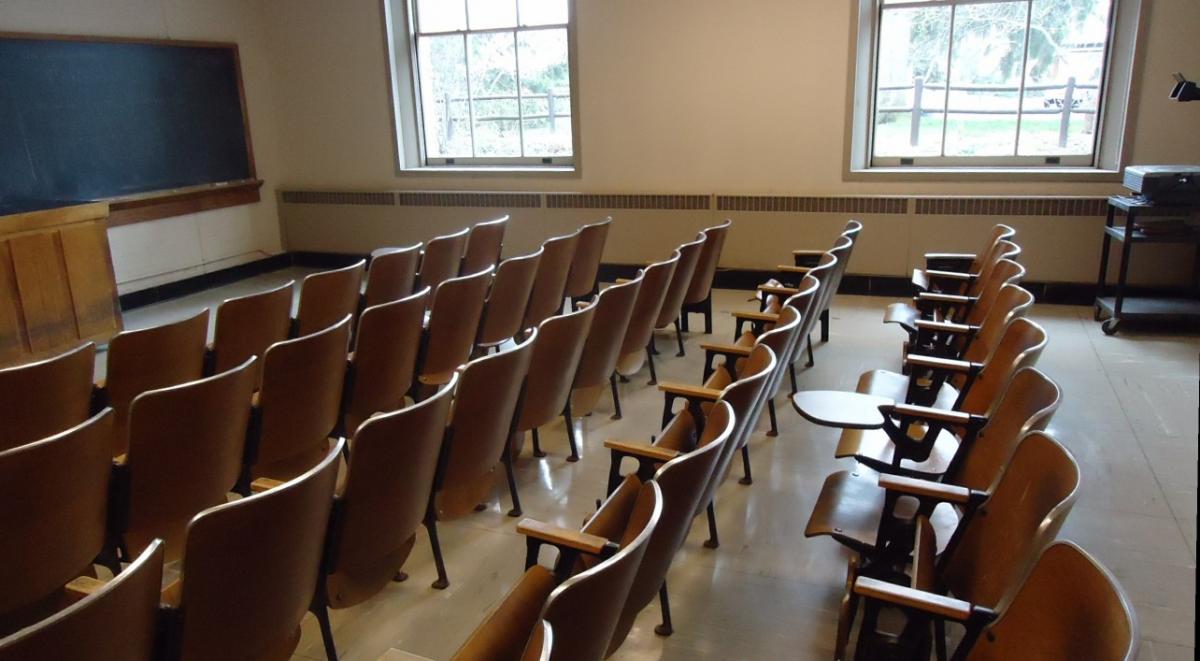Trumped: What's an educator to do about it?
Trumped: What's an educator to do about it?
Words: Steve Wolverton
Our teaching takes place in society’s trenches, and we face a difficult period of demographic and cultural transition in the United States. Ethnobiology provides a nexus to many fields and sub-fields; never has it been more relevant. As ethnobiologists, we teach a high diversity of courses in biology, geography, anthropology, and other disciplines; our reach is far, and the need for our perspective, passion, and curiosity is greater than ever and growing. The Society of Ethnobiology is a tap root for our enthusiasm.
Putting on our anthropology hats, we can see that never have the social sciences been more important. The stakes of education just went up again because the chips are down politically, socially, economically, and environmentally. For those of us who are educators, each day we arrive to classes and face a generation of students that is seemingly more diverse than the preceding one. However, because the chips are increasingly down, there are fewer resources, greater expectations, diminishing career opportunities, and an ever growing list of social and environmental problems to face. In addition, we may find that the average student is less well prepared upon arrival than in the past, and why wouldn’t this be the case given the gradual erosion of the middle class and educational resources in the US?

As a result, our jobs in the classroom are more important than ever, particularly today as the US has reinvested in the economics of the past. In the coming years, we are likely to face tax cuts for the wealthy, increases in defense spending, a growth in deficit spending, further manipulation and undermining of the education system (including higher education), and further shrinkage of the middle class. This crop of students will carry those burdens. Given that incoming students can expect the worst on so many fronts, it is imperative that they get the best we have to offer in the classroom. As an ethnobiologist, I endeavor to teach passionately about humans in environments, to make subtle ecologies transparent that are otherwise easily overlooked. These students will face not only economic challenge and social unrest in the coming decades, they will inherit the environmental crisis that mounted prior to their time. The election results have led me to think on this again, and I am more dedicated to this aspect of my teaching than ever before.
I hold that it is unethical to talk politics in my classes, meaning that I should not use my position of authority at the front of the classroom as a bully pulpit to push a political perspective. Others disagree, I am certain. However, much of what has been politicized relates directly to scholarship, be it climate change, environmental pollution, biocultural extirpation, political ecology, or similar topics. Engaging these subjects as scholarship is nothing other than providing a fair playing field for future generations. Each day, I will continue to bring that to the classroom; that’s what I will do about being Trumped. I hope you will do something similar.
Steve Wolverton, University of North Texas, Department of Geography and the Environment
PS: I write to move forward; I share it to make it more real. If you read this, thank you.

Comments (1)